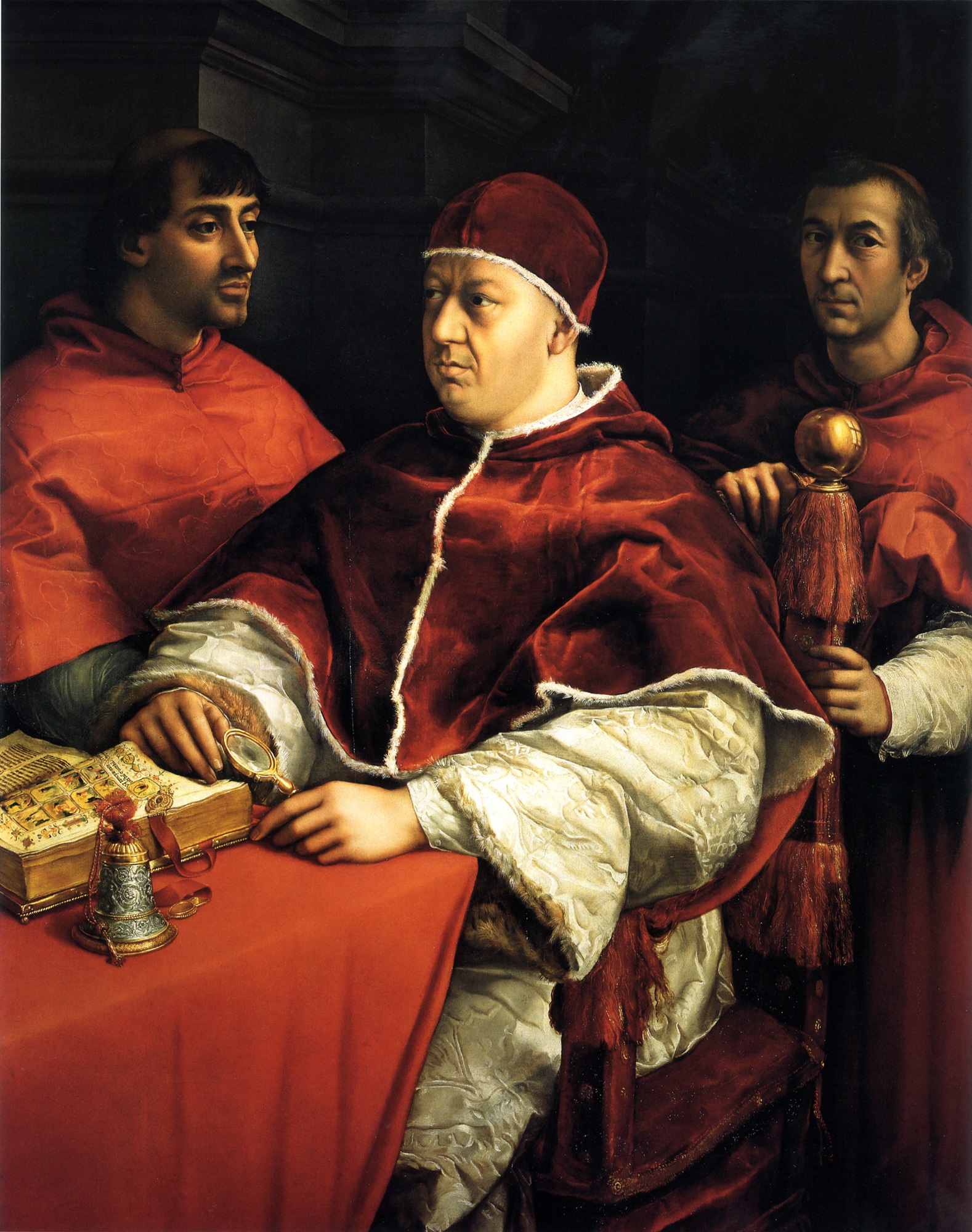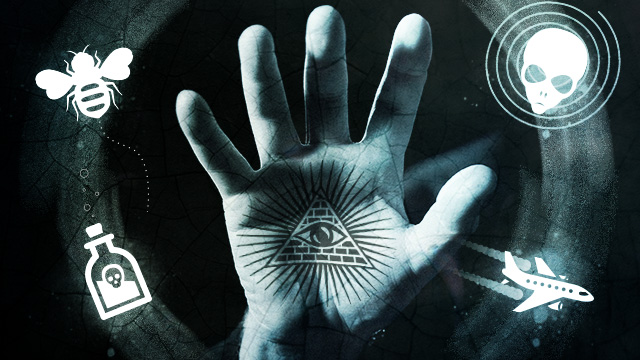Scripture texts:
Numbers 11:4-6, 10-16, 24-29,
Mark 9:38-50
It had been my plan to use this devotional this week to make some manner of commentary on the visit of the Bishop of Rome, Pope Francis, to the United States last week. I had expected, out of what I've come to know of this Pope, that he would articulate a vision of Christianity very much in line with the oldest traditions of our common faith; a vision of Christianity focused on love, mercy, compassion, much as Christ himself would.
Image from Usnews.com
I was not disappointed in that regard. As I've been reviewing the transcripts of his public remarks, that is precisely what I am finding: a focus on love and care for others, what one might call a truer morality than our often obsessive focus on the "proper use of one's genitals" as I often jokingly refer to it. We have let ourselves become distracted into thinking that morality is all about sex and yet the Scriptures themselves focus far more on the care of our fellow human beings: the poor, the downtrodden, the lost, and the stranger.
With that in mind, I am sharing the transcript of the Pope's homily from Sunday, September 27. This was given at his final mass in Philadelphia before he departed for home. In his words, I think you will see that same focus I have: that we, as Christians, are to be about love of neighbor first and foremost in our lives here on Earth.
(Credit: I found this
transcript via the Washington Post newspaper website.)
---------
Today the word of God surprises us with powerful and thought-provoking images. Images which challenge us, but also stir our enthusiasm.
In the first reading, Joshua tells Moses that two members of the people are prophesying, speaking God’s word, without a mandate. In the Gospel, John tells Jesus that the disciples had stopped someone from casting out evil spirits in the name of Jesus. Here is the surprise: Moses and Jesus both rebuke those closest to them for being so narrow! Would that all could be prophets of God’s word! Would that everyone could work miracles in the Lord’s name!
Jesus encountered hostility from people who did not accept what he said and did. For them, his openness to the honest and sincere faith of many men and women who were not part of God’s chosen people seemed intolerable. The disciples, for their part, acted in good faith. But the temptation to be scandalized by the freedom of God, who sends rain on the righteous and the unrighteous alike (Mt 5:45), bypassing bureaucracy, officialdom and inner circles, threatens the authenticity of faith. Hence it must be vigorously rejected.
Once we realize this, we can understand why Jesus’ words about causing “scandal” are so harsh. For Jesus, the truly “intolerable” scandal consists in everything that breaks down and destroys our trust in the working of the Spirit!
Our Father will not be outdone in generosity and he continues to scatter seeds. He scatters the seeds of his presence in our world, for “love consists in this, not that we have loved God but that he loved us” first (1 Jn 4:10). That love gives us a profound certainty: we are sought by God; he waits for us. It is this confidence which makes disciples encourage, support and nurture the good things happening all around them. God wants all his children to take part in the feast of the Gospel. Jesus says, “Do not hold back anything that is good, instead help it to grow!” To raise doubts about the working of the Spirit, to give the impression that it cannot take place in those who are not “part of our group”, who are not “like us”, is a dangerous temptation. Not only does it block conversion to the faith; it is a perversion of faith!
Faith opens a “window” to the presence and working of the Spirit. It shows us that, like happiness, holiness is always tied to little gestures. “Whoever gives you a cup of water in my name — a small gesture — will not go unrewarded”, says Jesus (cf. Mk 9:41). These little gestures are those we learn at home, in the family; they get lost amid all the other things we do, yet they do make each day different. They are the quiet things done by mothers and grandmothers, by fathers and grandfathers, by children, by brothers. They are little signs of tenderness, affection and compassion. Like the warm supper we look forward to at night, the early lunch awaiting someone who gets up early to go to work. Homely gestures. Like a blessing before we go to bed, or a hug after we return from a hard day’s work. Love is shown by little things, by attention to small daily signs which make us feel at home. Faith grows when it is lived and shaped by love. That is why our families, our homes, are true domestic churches. They are the right place for faith to become life, and life grows in faith.
Jesus tells us not to hold back these little miracles. Instead, he wants us to encourage them, to spread them. He asks us to go through life, our everyday life, encouraging all these little signs of love as signs of his own living and active presence in our world.
So we might ask ourselves here today at the end of this festival: How are we trying to live this way in our homes, in our societies? What kind of world do we want to leave to our children (cf. Laudato Si’, 160)? We cannot answer these questions alone, by ourselves. It is the Spirit who challenges us to respond as part of the great human family. Our common house can no longer tolerate sterile divisions. The urgent challenge of protecting our home includes the effort to bring the entire human family together in the pursuit of a sustainable and integral development, for we know that things can change (cf. ibid., 13). May our children find in us models and incentives to communion! Not of divisions. May our children find in us men and women capable of joining others in bringing to full flower all the good seeds which the Father has sown!
Pointedly, yet affectionately, Jesus tells us: “If you, who are evil, know how to give good gifts to your children, how much more will the heavenly Father give the Holy Spirit to those who ask him!” (Lk 11:13). How much wisdom there is in these few words! It is true that, as far as goodness and purity of heart are concerned, we human beings don’t have much to show! But Jesus knows that, where children are concerned, we are capable of boundless generosity. So he reassures us: if only we have faith, the Father will give us his Spirit.
We Christians, the Lord’s disciples, ask the families of the world to help us! How many of us are here at this celebration! This is itself something prophetic, a kind of miracle in today’s world, which is tired of entering into new divisions, new breaches, our disasters. Would that we could all be prophets! Would that all of us could be open to miracles of love for the sake of their own family and of all the families of the world, and I’m talking about the miracle of love. And, in that manner they can overcome the scandal of a narrow, petty love, closed in on itself, impatient of others!
I say to you. As a question, so everyone can respond. In my house, do you shout? Or, do you speak with love and tenderness? It’s a good way of measuring our love. And how beautiful it would be if everywhere, even beyond our borders, we could appreciate and encourage this prophecy and this miracle! We renew our faith in the word of the Lord which invites faithful families to this openness. It invites all those who want to share the prophecy of the covenant of man and woman, which generates life and reveals God! Which helps us participate in the prophecy of peace. Of tenderness. Of family love. With tenderness, with patience and with love for our children and for our grandparents.
Anyone who wants to bring into this world a family which teaches children to be excited by every gesture aimed at overcoming evil – a family which shows that the Spirit is alive and at work – will encounter our gratitude and our appreciation. Whatever the family, people, religion, or region to which they belong! May God grant all of us to become prophets of the joy of the gospel, of the gospel of the family, of the family’s love. To be prophets as the Lord’s disciples, the grace to be worthy of this purity of heart which is not scandalized by the Gospel! Let it be so.








